Tech titans have capacity to censor Indigenous voice to parliament referendum debate
Tech giants such as Google and Facebook will decide what content will appear on their platforms or be censored in the lead-up to the voice referendum.
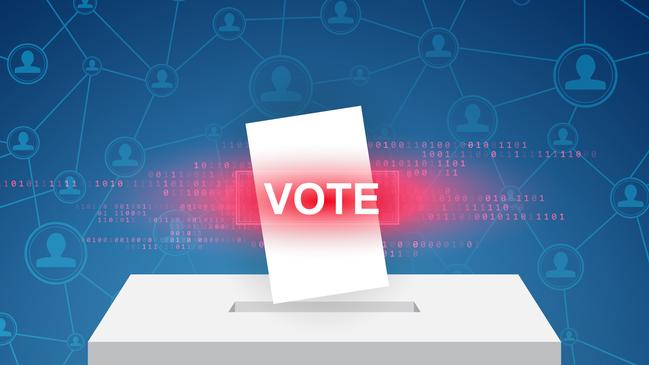
Tech giants such as Google and Facebook will decide what content will appear on their platforms or be censored in the lead-up to the Indigenous voice to parliament referendum, with a lack of government oversight sparking concerns there won’t be a “free and fair debate”.
Anthony Albanese is facing calls to expand broadcasting laws used during federal elections to capture digital platforms and crack down on disinformation campaigns through mandatory reporting and compliance measures.
Communications Minister Michelle Rowland said the government would leave it to the digital platforms to encourage and monitor freedom of opinion and expression during the voice debate through existing policies.
The Institute of Public Affairs, a conservative think tank, has written to the Prime Minister asking for the Broadcasting Services Act, which offers political parties “reasonable opportunities” to broadcast election matter during an election, to include technology and social media companies.
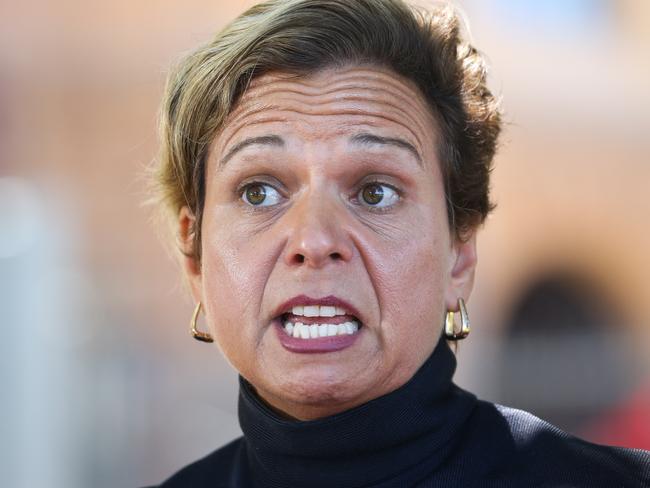
“This standard should be applied to the forthcoming referendum, and expanded so that digital platforms are subject to the same rules as broadcasters, and should clarify that censoring, shadow banning, or posting misinformation warnings in respect to referendum material is unlawful,” IPA director of research Morgan Begg writes.
“Foundational to the Australian way of life is that every Australian should have an equal say over big issues facing our nation’s future, and for debate to be conducted in a free, fair manner.”
The think tank says the law should govern all participants in the voice debate during the course of the referendum.
Ms Rowland agreed public discussion and debate about an Indigenous voice to parliament would continue to increase ahead of the referendum but said many digital platforms had policies in place to “protect the integrity of democratic processes and facilitate freedom of expression while addressing misinformation/disinformation”.
“The government understands a number of digital platforms, through their terms of service, will require paid ads for the voice referendum to carry authorisation messages, like those at general elections, and will fact-check these ads by removing any deemed to be propagating false or misleading messages,” her spokesman said.
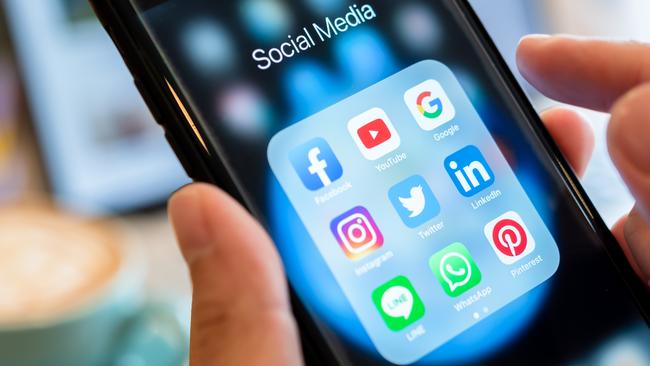
Ms Rowland announced in January the government would legislate to give the Australian Communications and Media Authority new powers to hold digital platforms to account and combat “harmful” misinformation and disinformation, but there were no specific measures to deal with censorship or free speech during the referendum.
Opposition legal affairs spokesman Julian Leeser, also Coalition spokesman for Indigenous Australians, said big tech companies censoring debate in Australia was a form of foreign interference and should not be allowed. “I oppose censorship. In this referendum, we won’t have the type of debate that framers of our Constitution imagined for such an important moment if we have censorship,” he said.
“Referendum debates are an act of persuasion. That is why the Coalition has supported the publication of the Yes and No booklet. It is why we support the establishment and funding of formal Yes and No cases.”
The push for government to closely scrutinise how social media companies operate during the referendum, due between October and December, comes as a leading cyber security company pushes for tougher measures to detect and stop disinformation campaigns sooner.
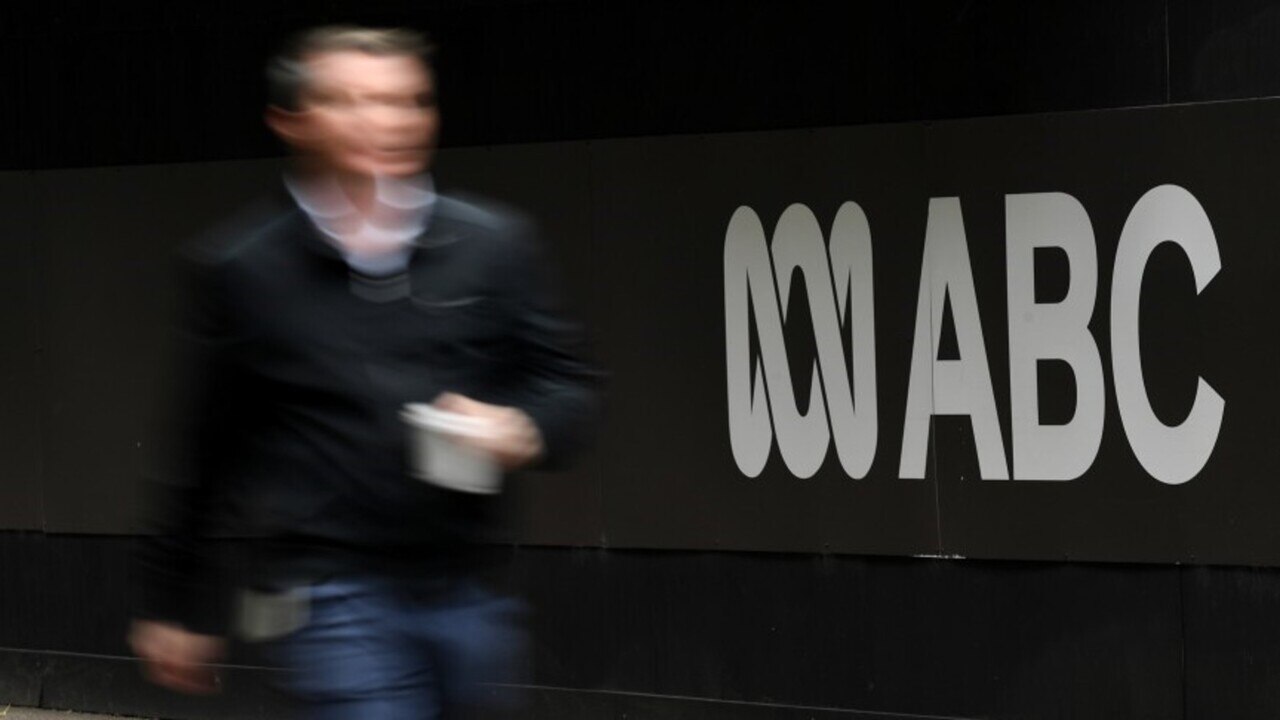
CyberCX has recommended – via a Senate committee looking at the risk posed to Australia’s democracy by foreign interference through social media – the government consider introducing mandatory compliance and reporting frameworks for social media platforms.
This would “ensure government – not largely foreign companies – has the final say on managing risks to Australia’s democracy”, its submission states.
Katherine Mansted, director of cyber intelligence at CyberCX, said Australians shouldn’t be alarmist about the threat of disinformation to the voice referendum but social media companies could improve their responses to foreign governments’ disinformation campaigns.
The IPA alleges three of its videos on the voice have been censored by Google and Facebook, which rejected requests by the think tank to pay to promote them on digital platforms after they were categorised as election ads.
It disputes that the videos are ads.
Meta, the parent company of Facebook, Messenger, Instagram and WhatsApp, said the IPA must include a disclaimer stating who has paid for the video before it can be promoted.
Google says it must verify an advertiser before an election ad can run.
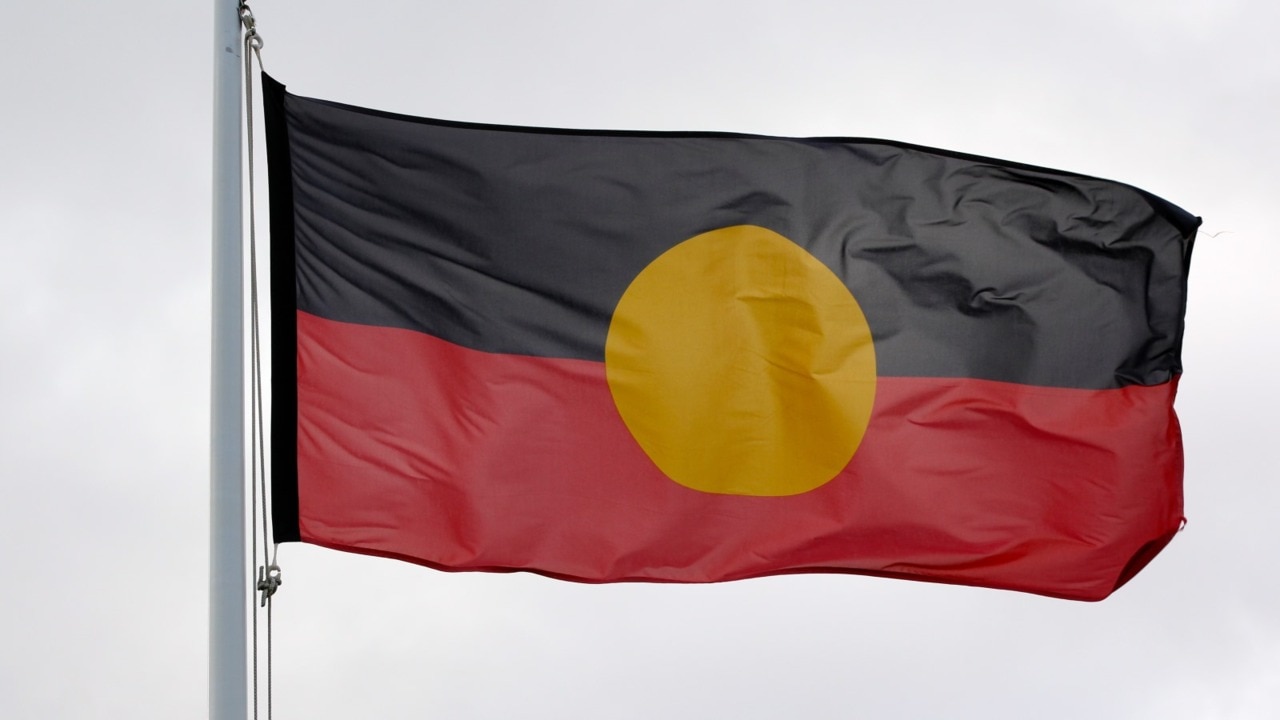


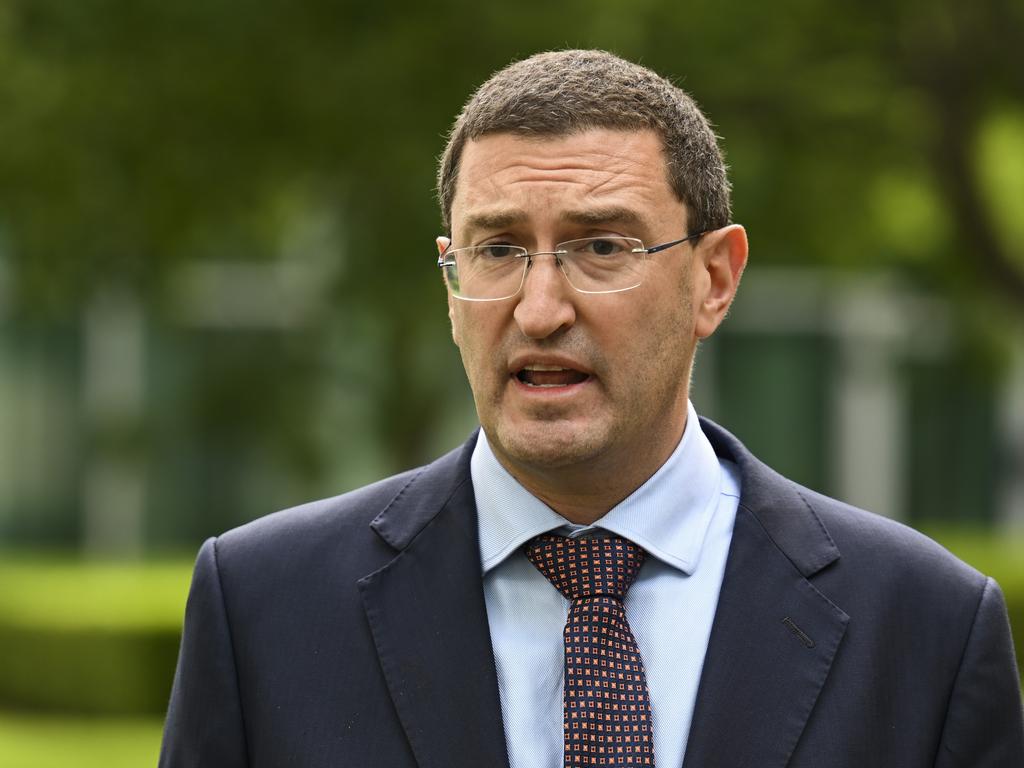
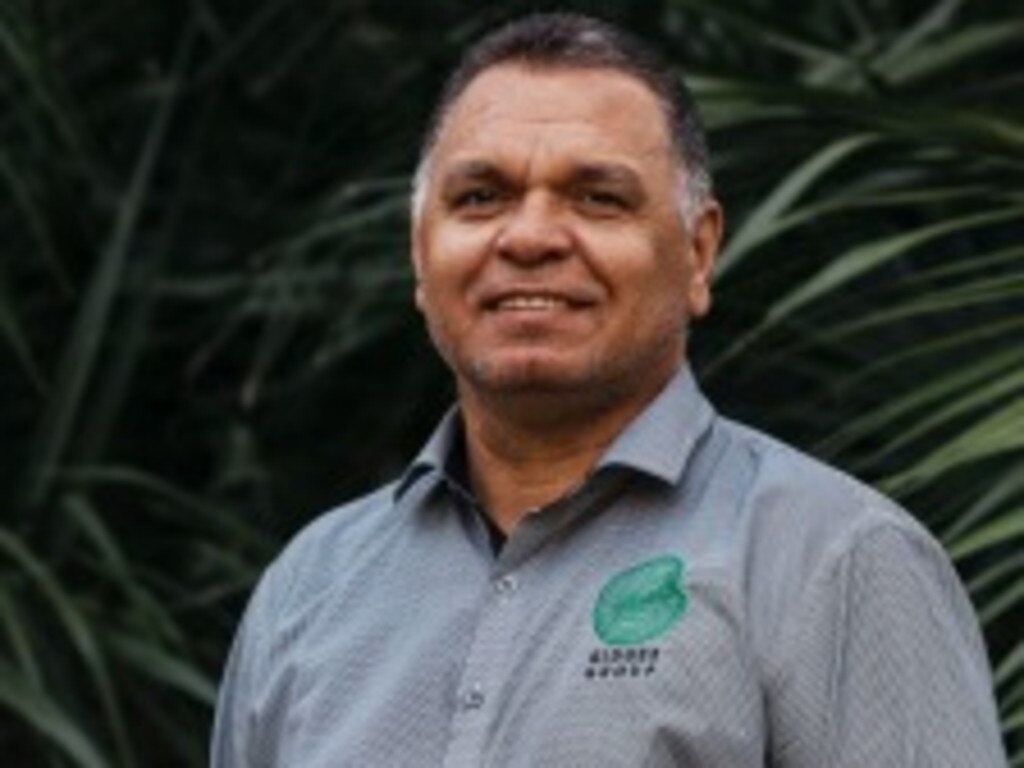
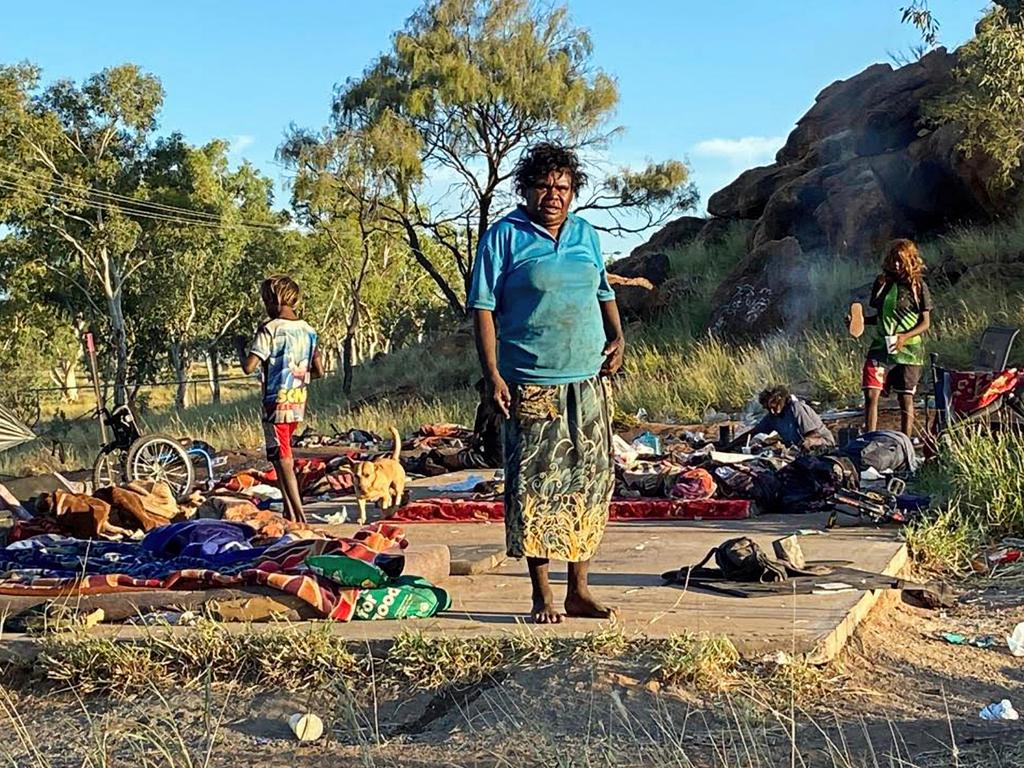

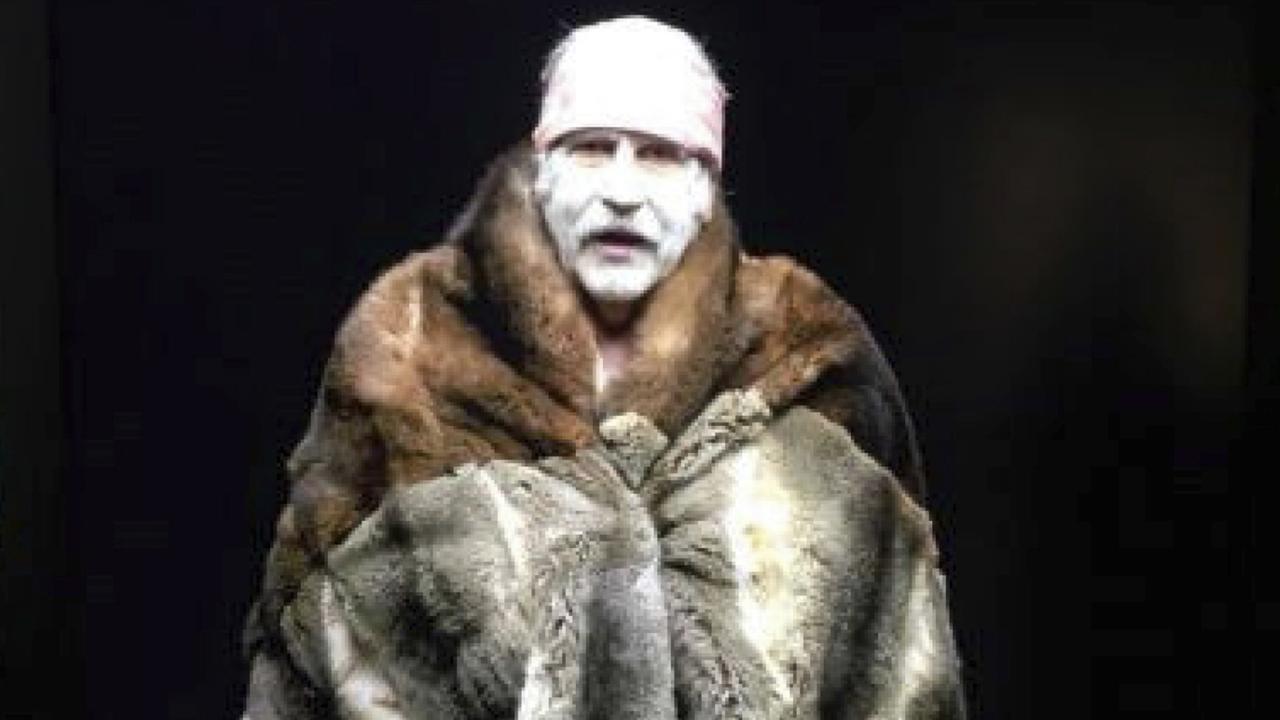
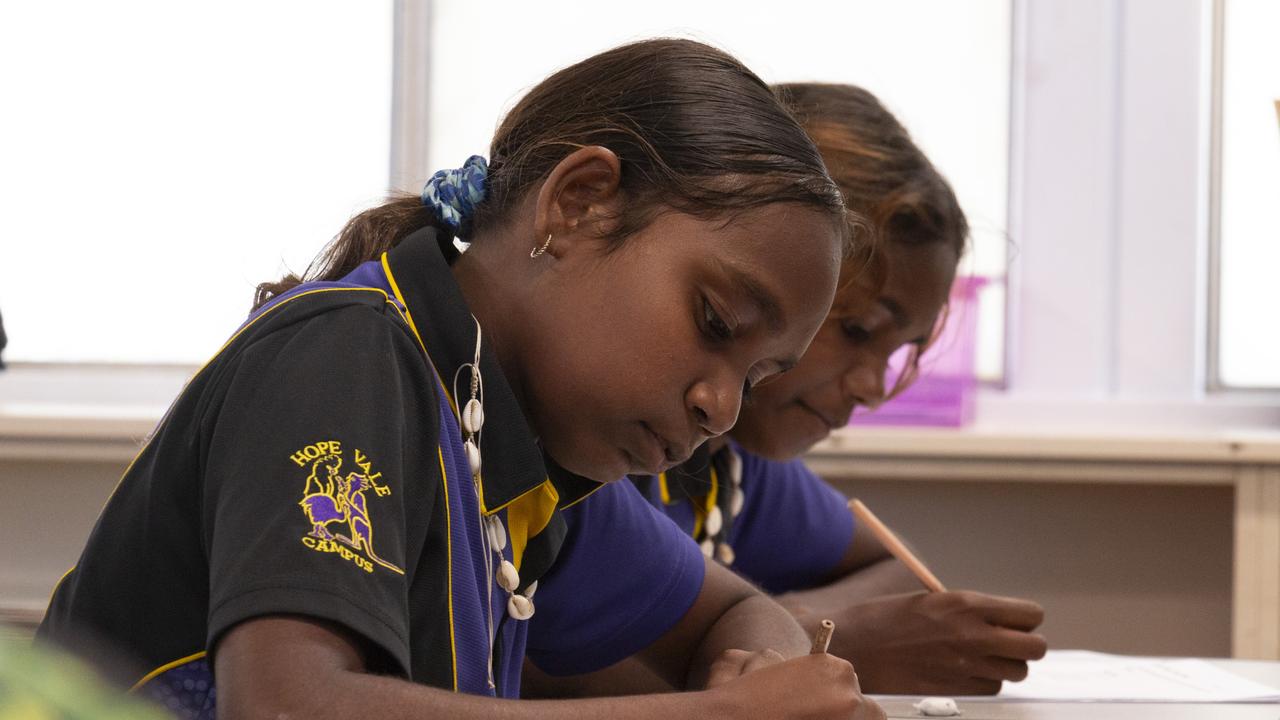
To join the conversation, please log in. Don't have an account? Register
Join the conversation, you are commenting as Logout